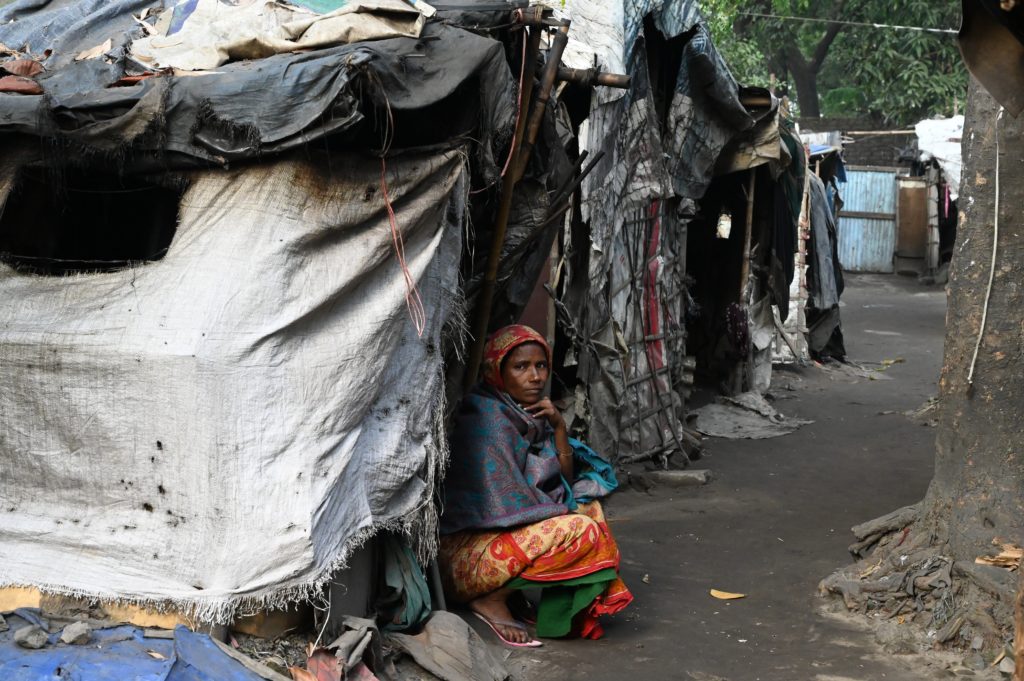
India ranks among the five countries with the highest number of individuals living in poverty, according to a recent United Nations report.
It estimates that 234 million people in India live below the poverty line, contributing to the global total of 1.1 billion individuals enduring acute poverty—more than half of whom are children.
The findings were published in the latest update of the Multidimensional Poverty Index (MPI), released by the United Nations Development Programme (UNDP) and the Oxford Poverty and Human Development Initiative (OPHI) at the University of Oxford.
The report highlights that a significant portion of those living in poverty—approximately 40 percent—reside in conflict-affected nations.
In addition to India, the other countries with the largest populations living in poverty include Pakistan (93 million), Ethiopia (86 million), Nigeria (74 million), and the Democratic Republic of the Congo (66 million). Collectively, these five nations account for nearly half (48.1 percent) of the global impoverished population.
The report indicates a troubling trend: approximately 455 million of the world’s poor live in regions experiencing violent conflict, which has stalled or reversed progress in poverty reduction.
Achim Steiner, the UNDP Administrator, emphasized the need for urgent action to assist these populations, advocating for increased resources and tailored development initiatives to break the cycle of poverty and crisis.
The impact of poverty is particularly severe among children, with over half of the 1.1 billion poor being under 18 years old. The report reveals that 27.9 percent of children live in poverty compared to 13.5 percent of adults.
Many of those affected lack access to basic necessities, with 828 million suffering from inadequate sanitation, 886 million lacking proper housing, and 998 million without sufficient cooking fuel.
Rural areas are disproportionately affected, with 83.7 percent of the poor living outside urban centers. The incidence of poverty is significantly higher in rural communities, where 28 percent of the population is poor compared to just 6.6 percent in urban areas.
The report also highlights that nearly 218 million individuals reside in war-torn countries, illustrating the link between conflict and poverty.
The 2024 MPI report analyzed data from 112 countries, covering approximately 6.3 billion people. It underscores the importance of understanding the relationship between conflict and poverty, with the global MPI assessed over a decade (2012-2023) to ensure comparability in global poverty trends.
In conclusion, the UN report calls for concerted efforts to address the root causes of poverty and provide immediate support to the most vulnerable populations, particularly those living in conflict-affected regions.




